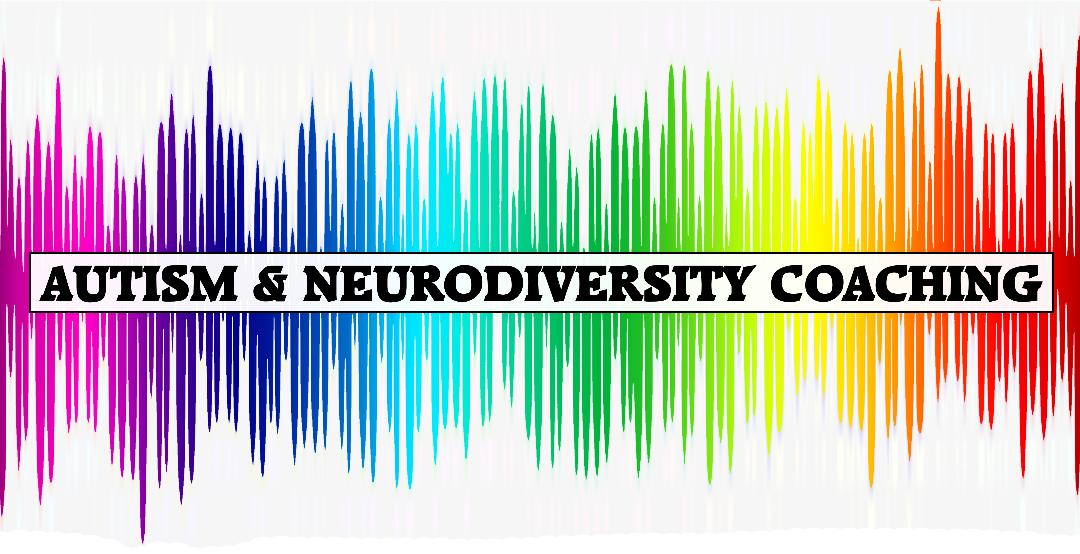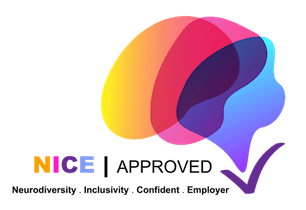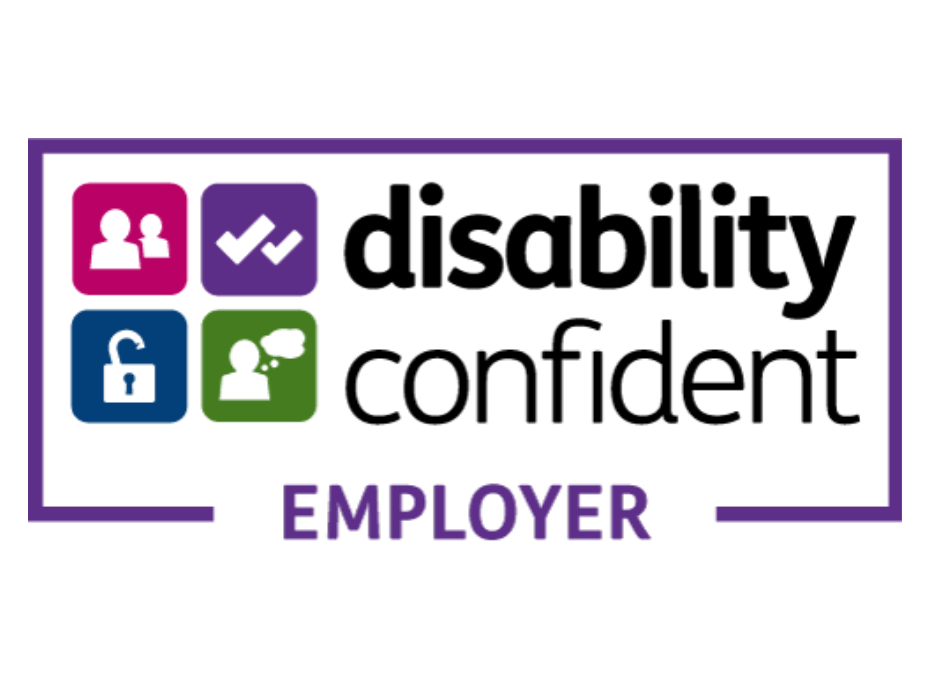Empowering Individuals with Dyslexia: Practical Tips for Daily Life Part 1

Empowerment is about giving individuals with dyslexia the tools and confidence they need to navigate the world on their terms. This involves practical strategies that can make daily tasks more manageable and less stressful. Whether at school, work, or home, there are numerous ways to support those with dyslexia.
Tips for Students with Dyslexia
For students, navigating the academic environment can be challenging, but with the right strategies, they can succeed and enjoy learning:
1. Use of Technology: Encourage the use of assistive technologies like speech-to-text software, audiobooks, and reading apps that can convert text to speech. These tools can help level the playing field, allowing students to access content in a way that suits their learning style.
2. Organizational Tools: Dyslexia can make organization difficult. Tools like color-coded notebooks, planners, and apps designed for task management can help students keep track of assignments and deadlines. Breaking tasks into smaller, manageable steps also helps reduce overwhelm.
3. Note-Taking Strategies: Traditional note-taking can be difficult for students with dyslexia. Alternatives such as mind mapping or using visual aids can be more effective. Some students might benefit from recording lectures and listening to them later, or using note-taking apps that combine audio with visual notes.
4. Alternative Assessment Methods: Schools can offer alternative ways for students with dyslexia to demonstrate their knowledge, such as oral presentations, projects, or using multiple-choice formats rather than essay-based tests.
5. Regular Breaks and Physical Activity: Regular breaks during study sessions can help maintain focus and reduce frustration. Incorporating physical activity into the daily routine can also help manage stress and improve concentration.
Tips for Adults with Dyslexia
Dyslexia doesn't disappear in adulthood, and the challenges it presents can extend into professional life. However, adults with dyslexia can use various strategies to manage their daily tasks effectively:
1. Leveraging Strengths: Focus on areas of strength and seek careers or roles that align with those abilities. Many adults with dyslexia excel in creative, technical, or hands-on professions where their unique problem-solving skills can shine.
2. Effective Communication: Communicate openly with employers or colleagues about dyslexia and the accommodations that help you work most effectively. This might include requesting written instructions via email rather than verbal, using bullet points to summarize key tasks, or utilizing visual aids during presentations.
3. Time Management Techniques: Time management can be particularly challenging for adults with dyslexia. Tools like digital calendars with reminders, to-do lists, and task management apps can help organize daily tasks and prioritize work.
4. Continued Learning and Adaptation: Lifelong learning is important. Adults with dyslexia can benefit from workshops, online courses, or training sessions that focus on developing new skills or learning how to use assistive technology effectively.
5. Building a Support Network: Connecting with others who understand your experiences can be empowering. Joining support groups or professional networks for people with dyslexia can provide a sense of community, offer practical advice, and create opportunities for mentorship.
Tips for Parents Supporting Children with Dyslexia
Parents play a critical role in supporting their children with dyslexia, both emotionally and academically:
1. Positive Reinforcement: Focus on your child's strengths and celebrate their successes, no matter how small. Encouragement and praise can build confidence and motivate them to keep trying, even when things get tough.
2. Establish a Routine: A consistent daily routine can provide structure and reduce anxiety. Set aside dedicated time for homework and reading, but also make time for activities your child enjoys and excels at, helping to balance challenges with positive experiences.
3. Read Together: Spend time reading with your child. Choose books that interest them, and consider using audiobooks as a complement to reading. Discuss the stories to help with comprehension and to make reading a more enjoyable experience.
4. Work with Educators: Collaborate closely with your child's teachers to ensure they understand your child's needs. Advocate for appropriate accommodations and stay involved in their education plan. Regular communication with teachers helps ensure that strategies at school align with those at home.
5. Teach Self-Advocacy: As your child grows, encourage them to advocate for themselves. Teach them how to explain their needs to teachers or peers and how to request accommodations. Developing these skills early on can empower them as they move through school and into adulthood.











